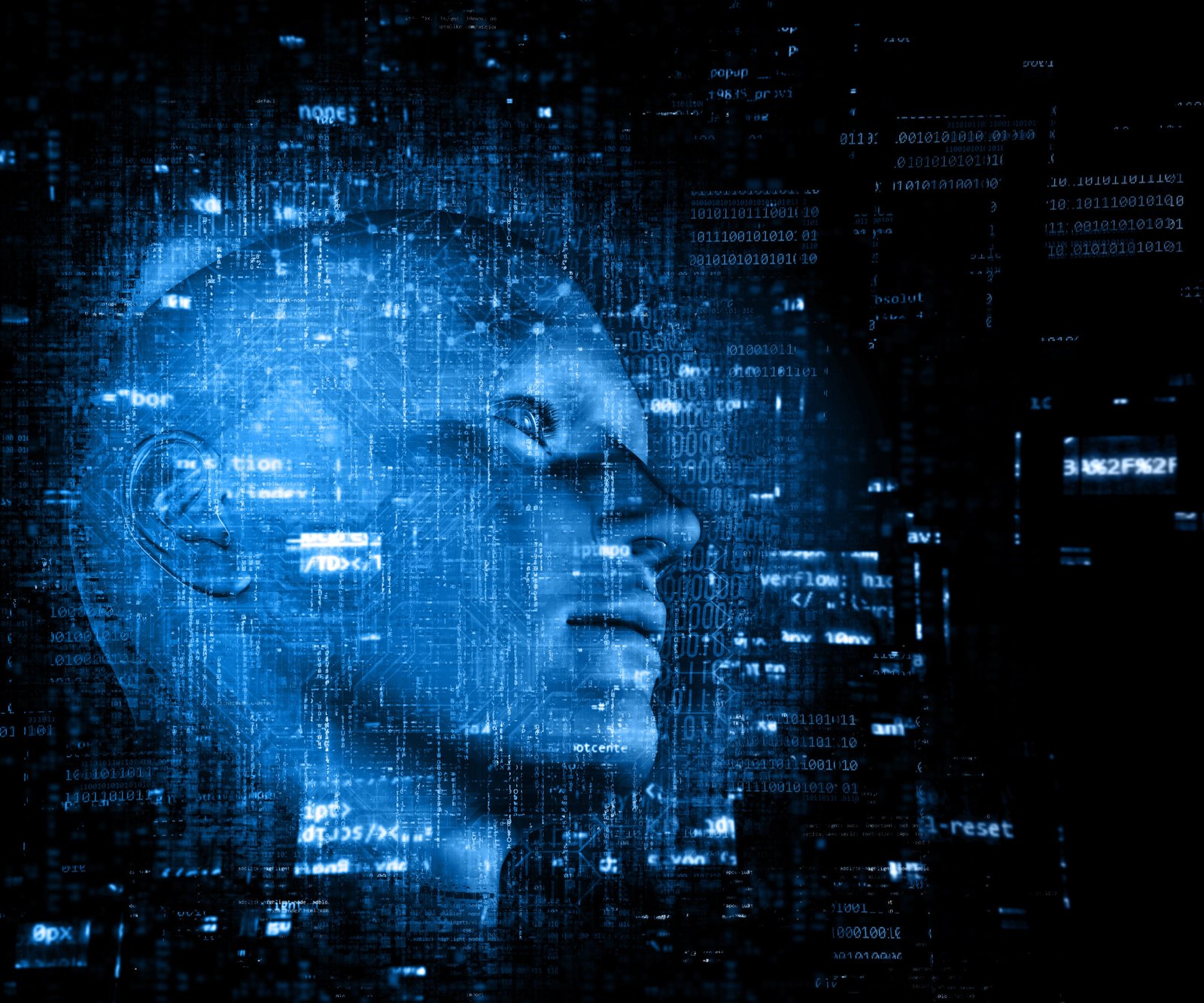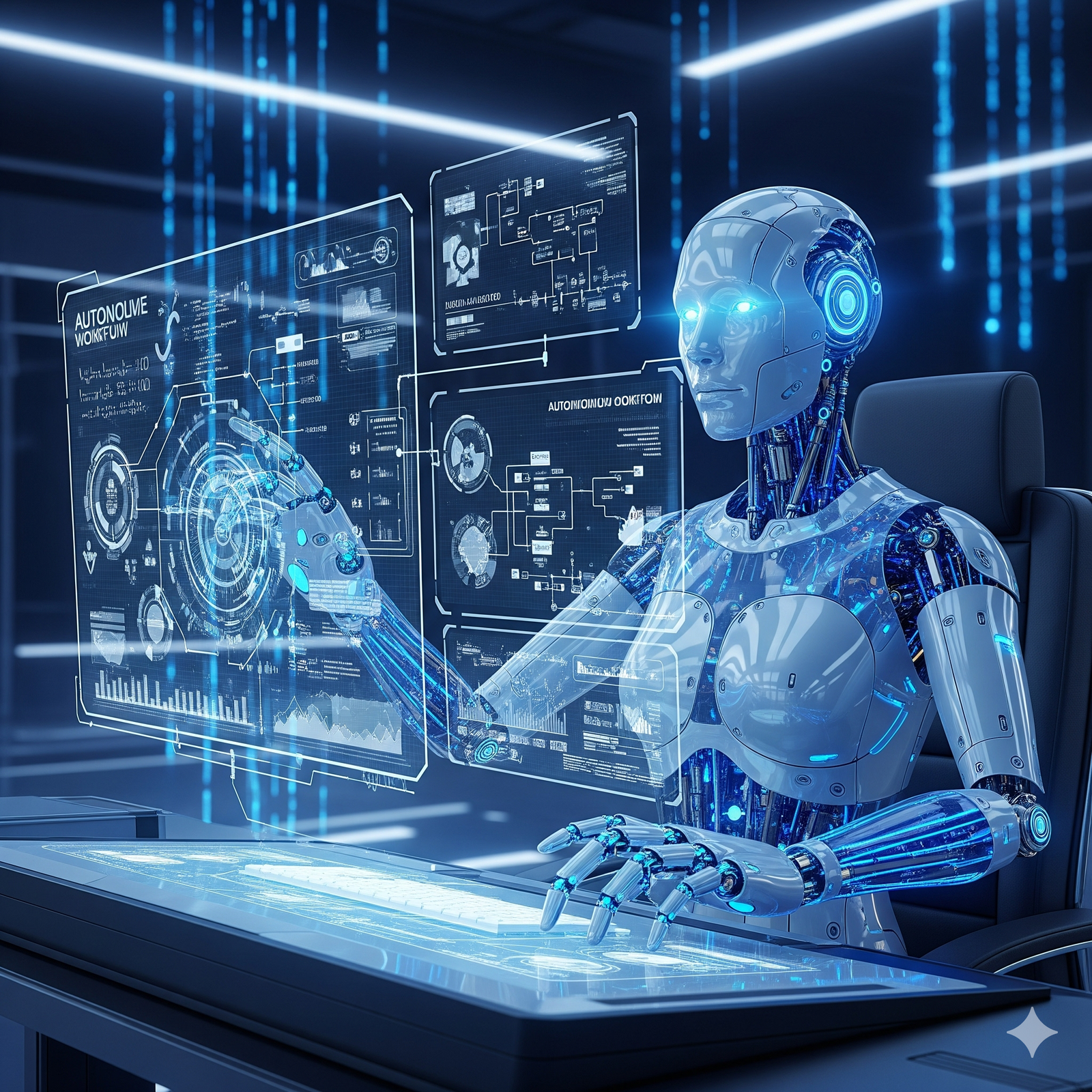In today’s rapidly evolving digital world, Artificial Intelligence (AI) is no longer just a futuristic concept—it is a present-day reality transforming every industry and aspect of our lives. From voice assistants and personalized recommendations to autonomous vehicles and advanced healthcare diagnostics, AI is changing the way we live, work, and interact.
What is Artificial Intelligence?
Artificial Intelligence refers to the simulation of human intelligence in machines that are programmed to think, learn, and solve problems. These systems can analyze large volumes of data, recognize patterns, and make decisions—often faster and more accurately than humans.
AI can be categorized into:
- Narrow AI: Designed for specific tasks (e.g., Siri, Google Search).
- General AI: A more advanced form, capable of performing any intellectual task a human can do (still in development).
- Superintelligent AI: A hypothetical form of AI that surpasses human intelligence in every field.
Applications of AI
AI is already impacting various sectors:
- Healthcare: AI helps in early diagnosis, drug discovery, and robotic surgeries.
- Finance: AI detects fraud, automates trading, and offers financial advice.
- Retail: Personalized shopping experiences through recommendation systems.
- Education: Intelligent tutoring systems and adaptive learning platforms.
- Transportation: Self-driving cars and smart traffic management.
Benefits of AI
- Efficiency: Automates repetitive tasks, saving time and resources.
- Accuracy: Reduces human errors in critical areas like healthcare and engineering.
- Personalization: Tailors services to individual preferences.
- Innovation: Opens new possibilities in science, research, and business.
Challenges and Ethical Concerns
Despite its benefits, AI raises some challenges:
- Job Displacement: Automation may replace certain jobs.
- Privacy Issues: Use of personal data by AI systems raises concerns.
- Bias and Fairness: AI can inherit biases from the data it is trained on.
- Autonomy and Control: Questions about how much control machines should have.
The Road Ahead
AI has the potential to create a smarter, safer, and more efficient world. However, it must be developed and used responsibly. Governments, industries, and communities must work together to create ethical guidelines and ensure AI benefits everyone.
Conclusion
Artificial Intelligence is more than just a technological advancement—it’s a transformation. As we continue to integrate AI into our daily lives, understanding its capabilities and limitations becomes essential. The future of AI holds immense promise, and with thoughtful implementation, it can lead to a better tomorrow.





